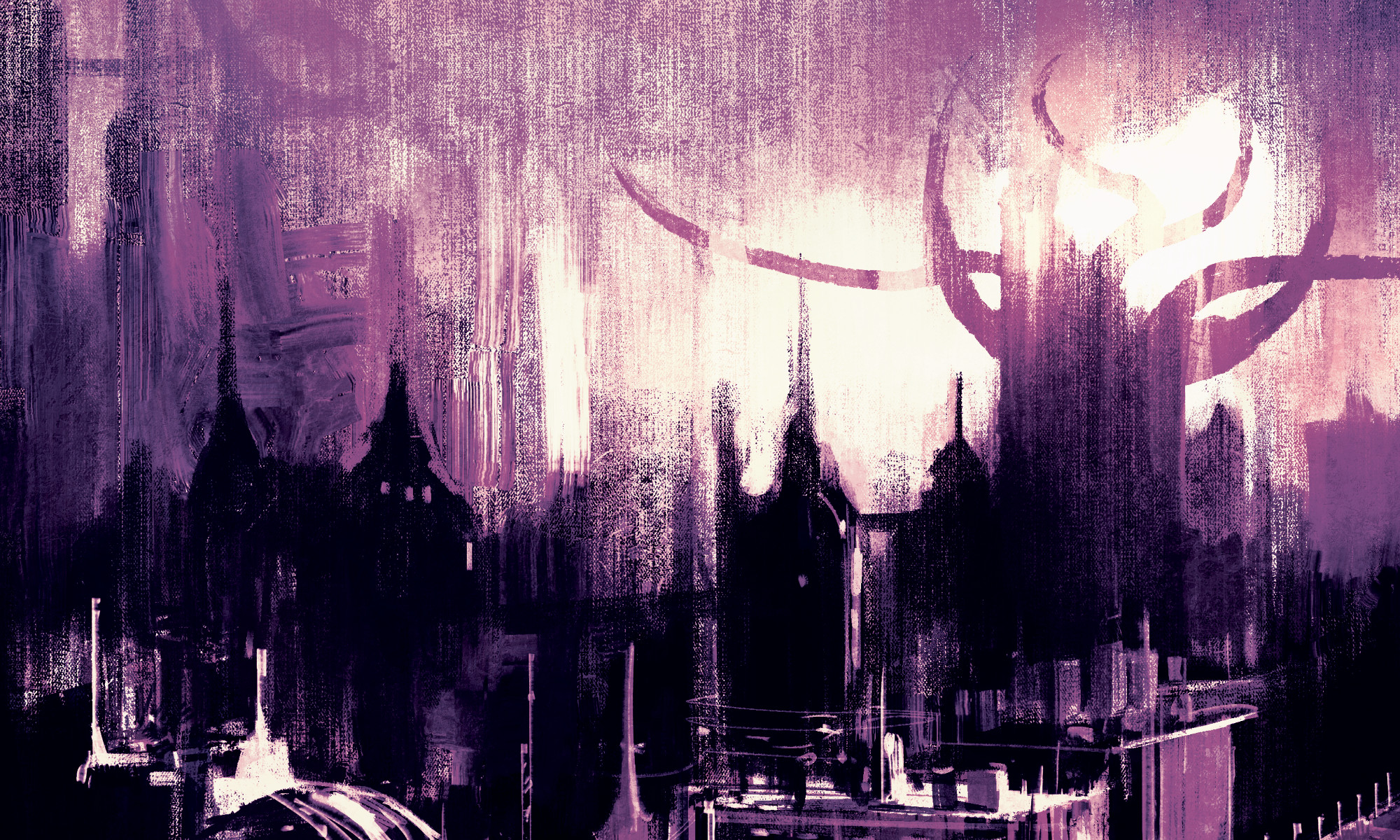
The way the characters in the game see and recognize people, objects, structure, and other things is not like we do. We see a small oval vertical smooth placid lake hanging on a cave wall that casts your reflection back at you and we immediately recognize a mirror, they will not.
When we look at something we try to understand it with the library of things we already understand, so as to make it “less scary”. And we know more than any other humans ever knew. The characters in Primal Quest do not have this knowledge however, so they will need to “understand” the things they find in the mythical and weird primal world of the game with what they know, which is not much beyond what they see in the primeval setting they live in.
So when you are describing the world to the players, being their sense in the game, make sure to remember that. Try to imagine you don’t recognize any of these things, and can only rationalize them through the natural world and early technological objects. And then try to explain this to the players. Here are some examples to help you get inspired.
Crashed Plane: A huge creature made of this shining hard rock that makes loud clattering noises when hit. It appears to have wings, but one of them was torn apart from its side, and hundreds of small blank eyes stare at the nothingness. A small mouth on the side lies open, and a furry humanoid is getting in, carrying a sack on their back.
Continue reading “Describing Scenes to Prehistoric Characters”



